Ambitious plans to transform a former Fife colliery into a major tourism and leisure destination are being recommended for approval.
Comrie Colliery, near Saline, is described as the largest area of post-industrial dereliction in Fife.
However, its restoration could result in hundreds of holiday chalets, a hotel, nine-hole golf course and even watersports.
A restaurant, spa, garden centre with cafe and a gym are also included in the plan.
And a care home and retirement village, alongside 185 houses and businesses are mooted for the 500-acre site.
Developers Comrie Development Company say the hotel would host small weddings and conferences as well as people attending nearby events.
The application will call before members of Fife Council’s west and central planning committee next week.
And planning officer Martin McGroarty says the benefits to west Fife could be significant.
Significant land restoration still needed at Comrie Colliery
Comrie Colliery closed in 1986 and became derelict after decades of deep coal mining.
The sprawling site has gradually been restored and was put up for sale in 2018.
However, the land is still not in a suitable state for development, with significant restoration needed.
Mr McGroarty says once remediated, the plan is for up to 420 tourism lodges and a 160-room hotel.
The care village would include 320 units and there would be a heritage centre and green space.
The planning officer says the cultural heritage centre will preserve the last visible structural link with the former colliery.
Conditions attached to planning permission
Options for renewable energy are also included in the proposal.
Mr McGroarty says: “Comrie Colliery represents an opportunity to create a flagship low-carbon heating system.”
Assessments show it could be one of the best sites in central Scotland for geothermal heat recovery.
This takes heat from the ground and transfers it into heating and hot water.
If approved, the land will be developed in four phases, with the holiday chalets built first.
The officer recommends approval subject to a number of conditions.
These include the drafting of a legal agreement ensuring 25% of the new houses are affordable.
And a financial contribution for local schools is also sought.
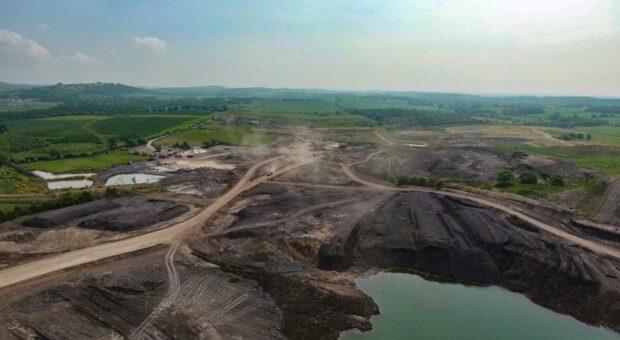
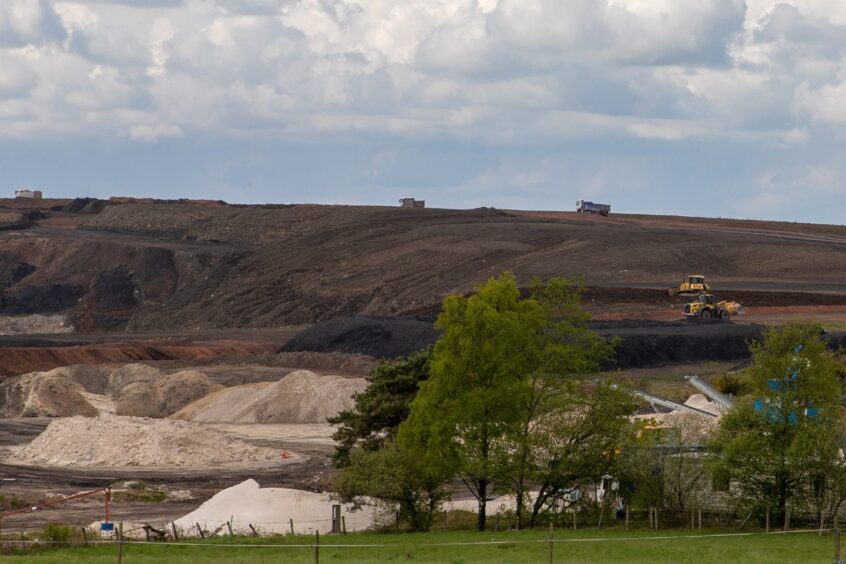
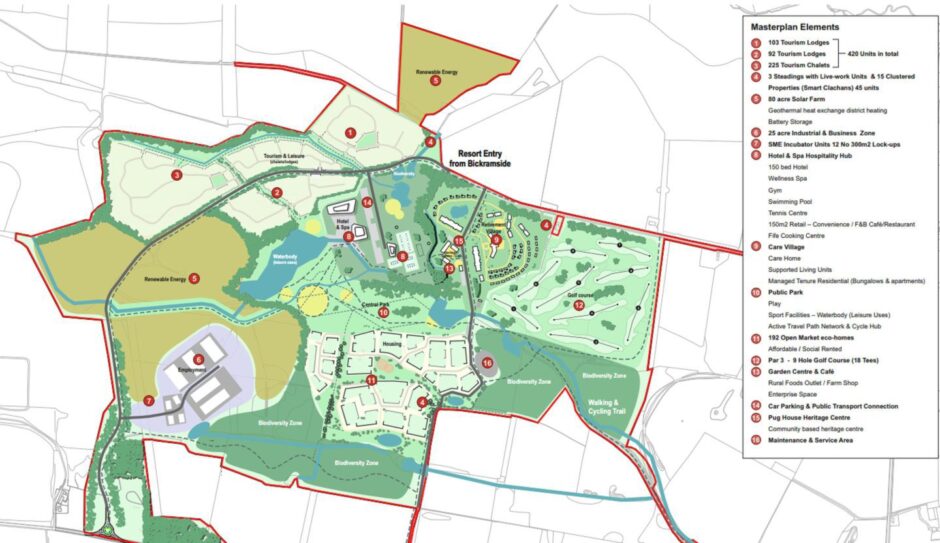



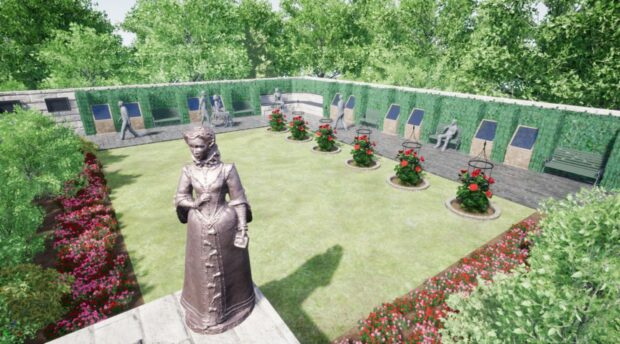

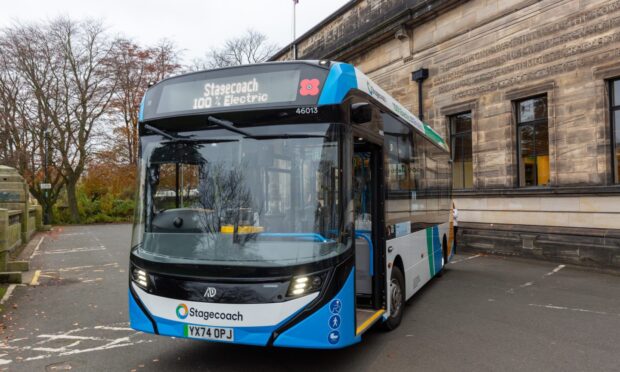
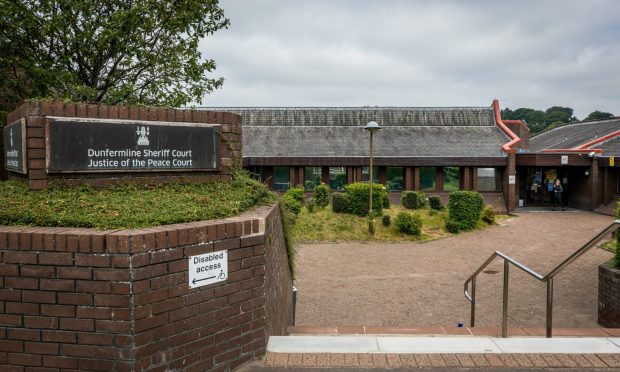
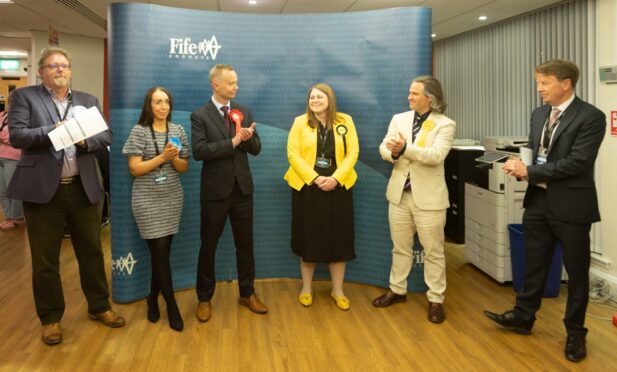

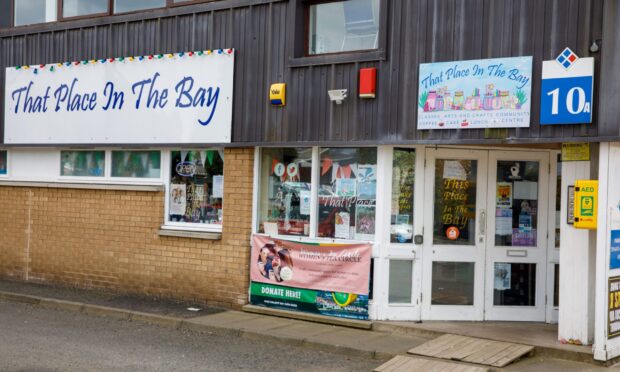
Conversation